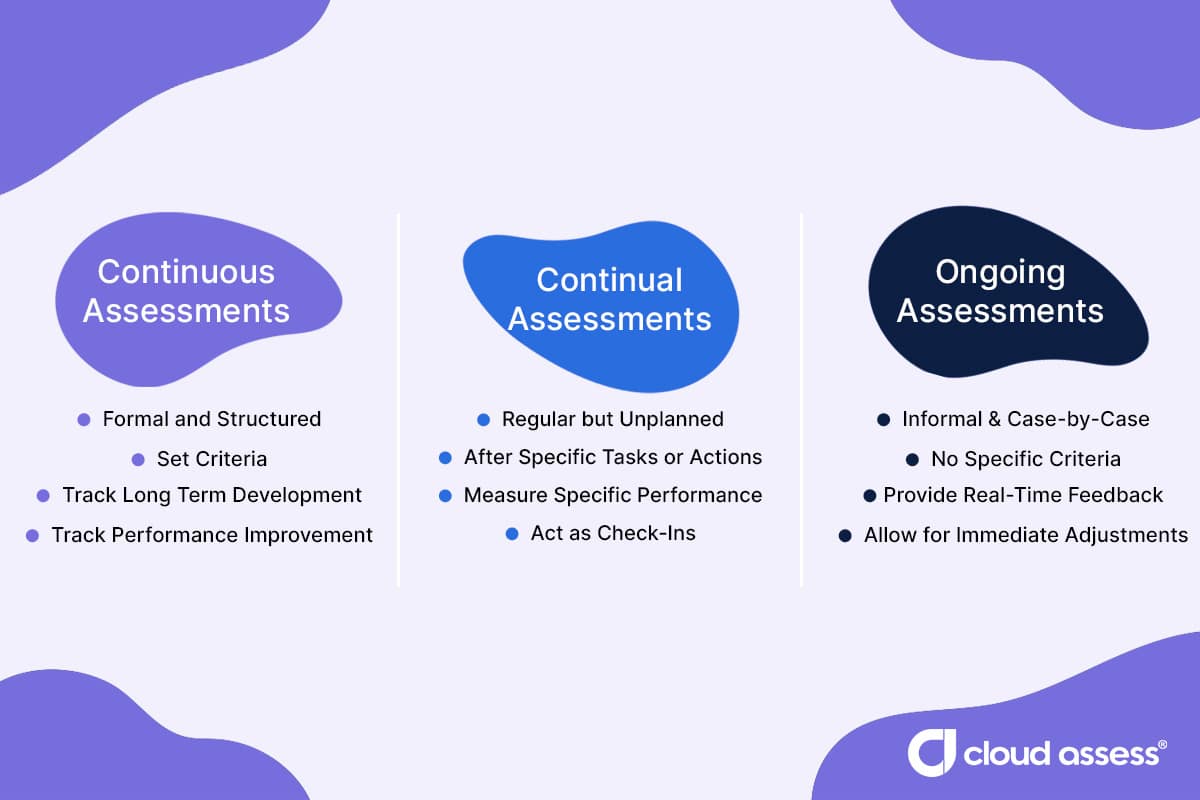
**Grasping Judgment: An Essential Element of Human Character**
Judgment is a fundamental component of human thinking, vital for evaluating threats and ensuring emotional and physical well-being. Nevertheless, it’s essential to distinguish between objective and subjective judgments to improve our interactions and foster personal development.
**Objective vs. Subjective Judgment**
Objective judgments are based on factual information and impartial evidence, creating a straightforward approach to decision-making. In contrast, subjective judgments, shaped by individual emotions and perspectives, can foster conflict and estrangement. Understanding the nature of our judgments allows us to abandon those that are subjective and damaging.
**The Neutral Nature of Judgment**
Judgment, in its essence, is neutral but turns troublesome when we align ourselves with it, permitting it to define our identity and that of others. Embracing non-judgment entails releasing attachment to subjective reactions instead of criticizing ourselves for experiencing them. Mindfulness is crucial in developing discernment, enabling us to differentiate between discernment — deliberate and logical — and hasty subjective judgment.
**Enhancing Discernment Through Consciousness**
Assessing our thoughts helps avoid hasty, emotion-driven responses. By nurturing awareness, we can take a moment to evaluate facts, applying objective judgments effectively. Documenting your judgments and categorizing them as objective or subjective can uncover which subjective judgments shape your identity. Releasing these can minimize division and isolation.
**Judgment as a Reflection**
Critiquing deeply held beliefs often reveals more about ourselves than those we evaluate. Think of judgment as a mirror: what do you see reflected? Strive to perceive judgment clearly, recognizing what is constructive and discarding reflections based in fear and societal conditioning. Ultimately, the manner in which we judge the world shapes our experiences within it.